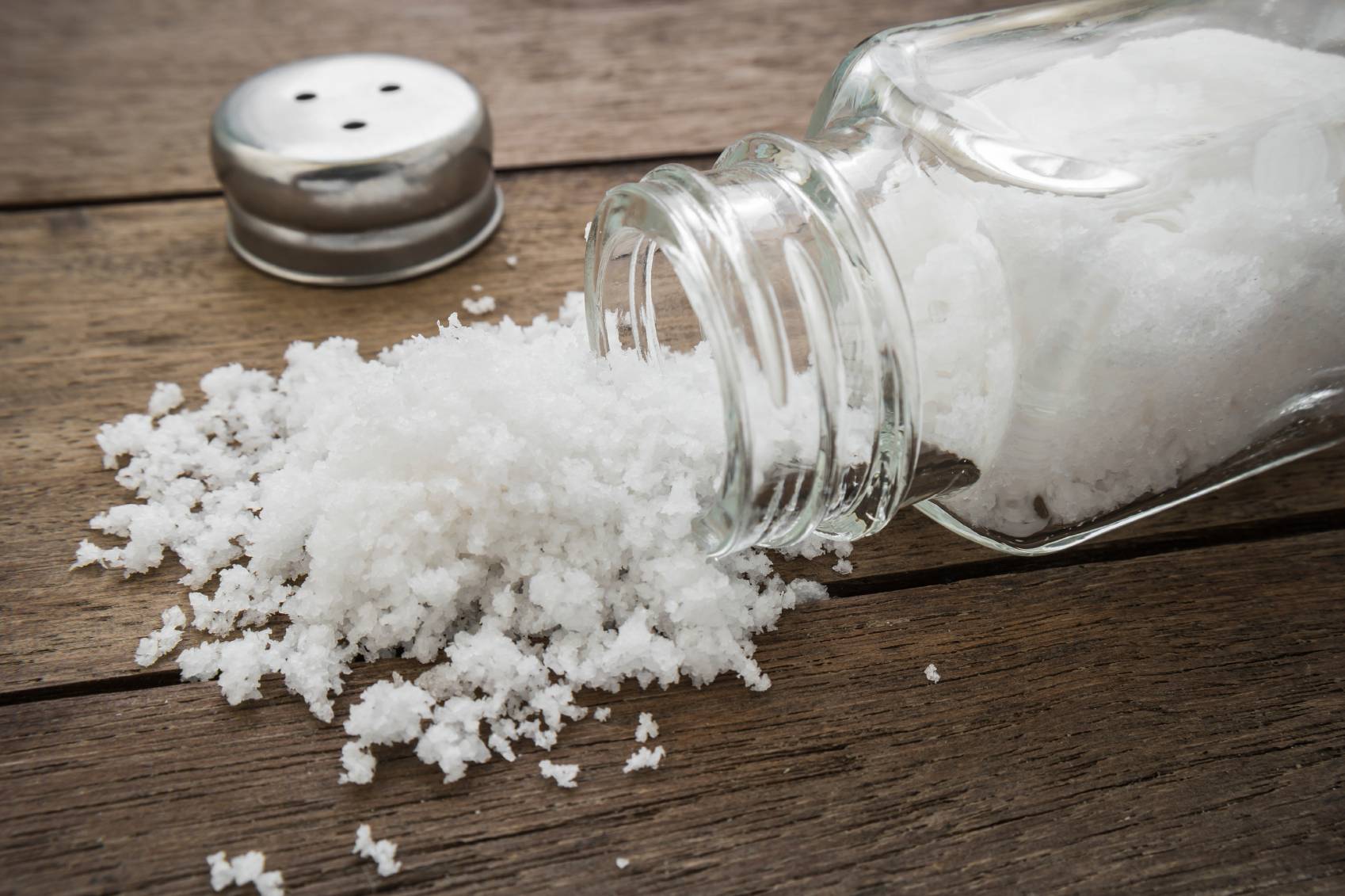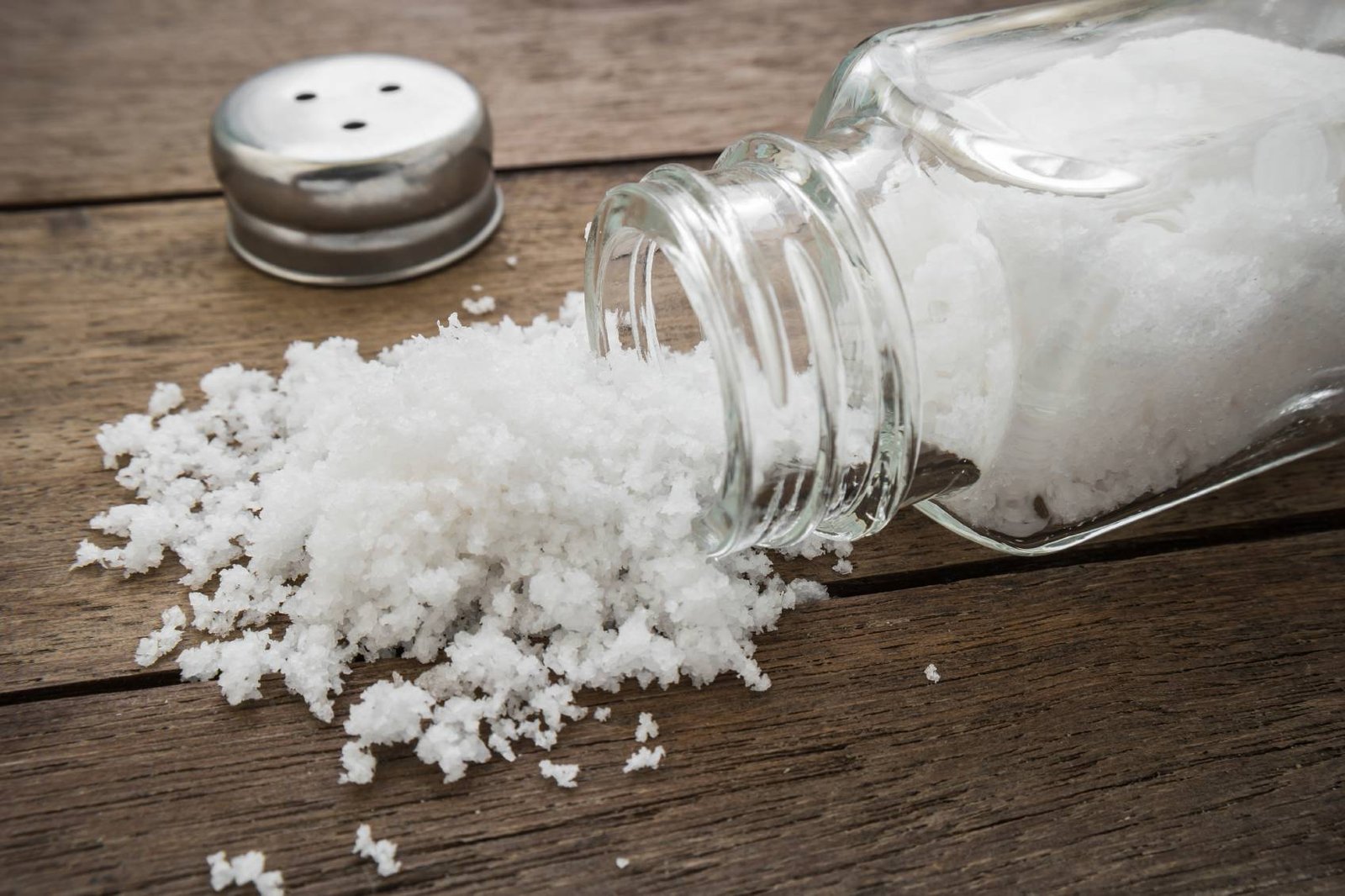This is according to a study published in the journal “Nature Neuroscience”. Eating too much salt will affect the tau protein, which is linked to Alzheimer’s disease

There may be a link between salt and Alzheimer’s. Another reason to reduce your consumption of this spice comes from a study published in the journal Nature Neurosciencesponsored by the Ninds National Institute of Neurological Disorders and Stroke, one of the largest American centers for neurological studies, conducted by a team led by the Italian Costantino Iadecola, director of the Feil Family Brain and Mind Research Institute at Cornell University in New York.
The link between salt and Alzheimer’s
Scholars link excessive salt consumption to its onset dementia: salt will affect the tau protein, which binds toAlzheimer’s.
By studying mice, they were able to demonstrate that reduced nitric oxide production from blood vessels, caused by excess salt, affects the stability of tau protein in neurons. “When the tau protein becomes unstable and leaks out of the cytoskeleton it causes problems»as it accumulates in the brain, he explains Costantino Iadecola, professor of neurology at Weill Cornell Medicine. To test this, the researchers gave mice a high-salt diet, but also an antibody that promotes tau protein stability, noting how this protected them from developing dementia. “This convinced us that the determining factor in the onset of Alzheimer’s is the formation of tau deposits and not a reduction in blood flow to the brain.»emphasizes Iadekola.
How much salt per day and the foods in which it is found
The World Health Organization recommends do not exceed 5 grams of salt per day. It is an amount that is unfortunately very easily exceeded by eating salty snacks or packaged foods. Some foods are particularly rich in it: not only cured meats, cured meats, mature cheeses, but also canned and processed products; even sweets.
Too much salt also creates problems hypertension and his water retention. It is also bad for the kidneys and causes risks for serious diseases – even tumors – of the digestive system, especially the stomach and liver. The presence of high amounts of sodium also reduces the assimilation of calcium into the bones and increases the risk of osteoporosis.
In order not to suffer the taste, food can be flavored with spices and aromatic herbs. However, even a very low-salt diet can cause problems. Eating a very low sodium diet without special health needs is associated with a higher risk of insulin resistance, type 2 diabetes and have higher cholesterol and triglyceride levels. The confirmation also comes from a team of experts from McMaster University in Ontario (Canada) and the Population Health Research Institute and Hamilton Health Sciences.
In order not to fall into both excesses, you can first of all reducing the consumption of processed foods which ones provide the most and consume vitamin-rich foods at every meal of the day potassiuma mineral that helps eliminate excess sodium, including vegetables and fruits, pillars of a healthy diet.
As always, virtue lies in the middle, neither too much nor too little.
December 2023
Ask our experts your question

